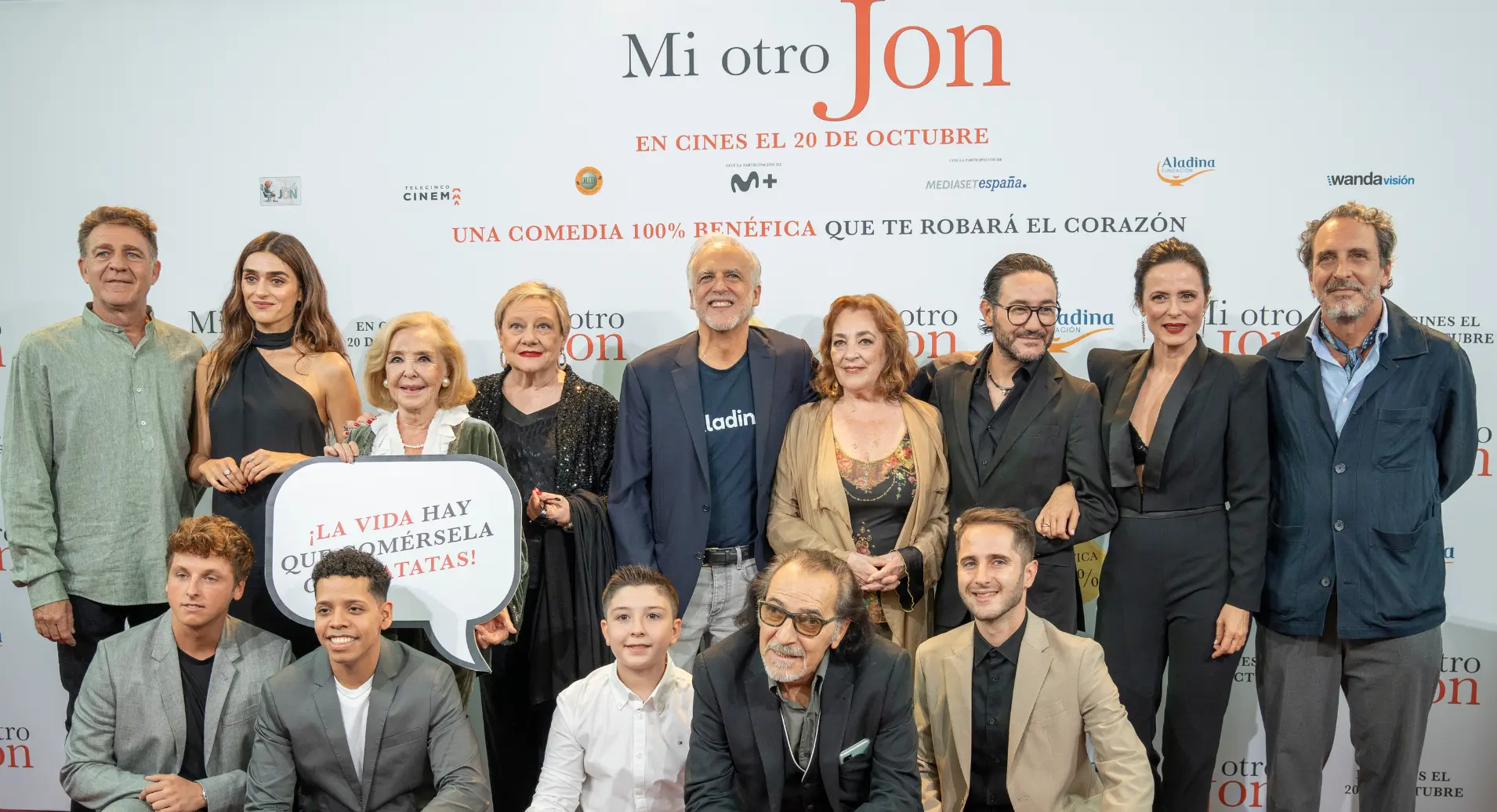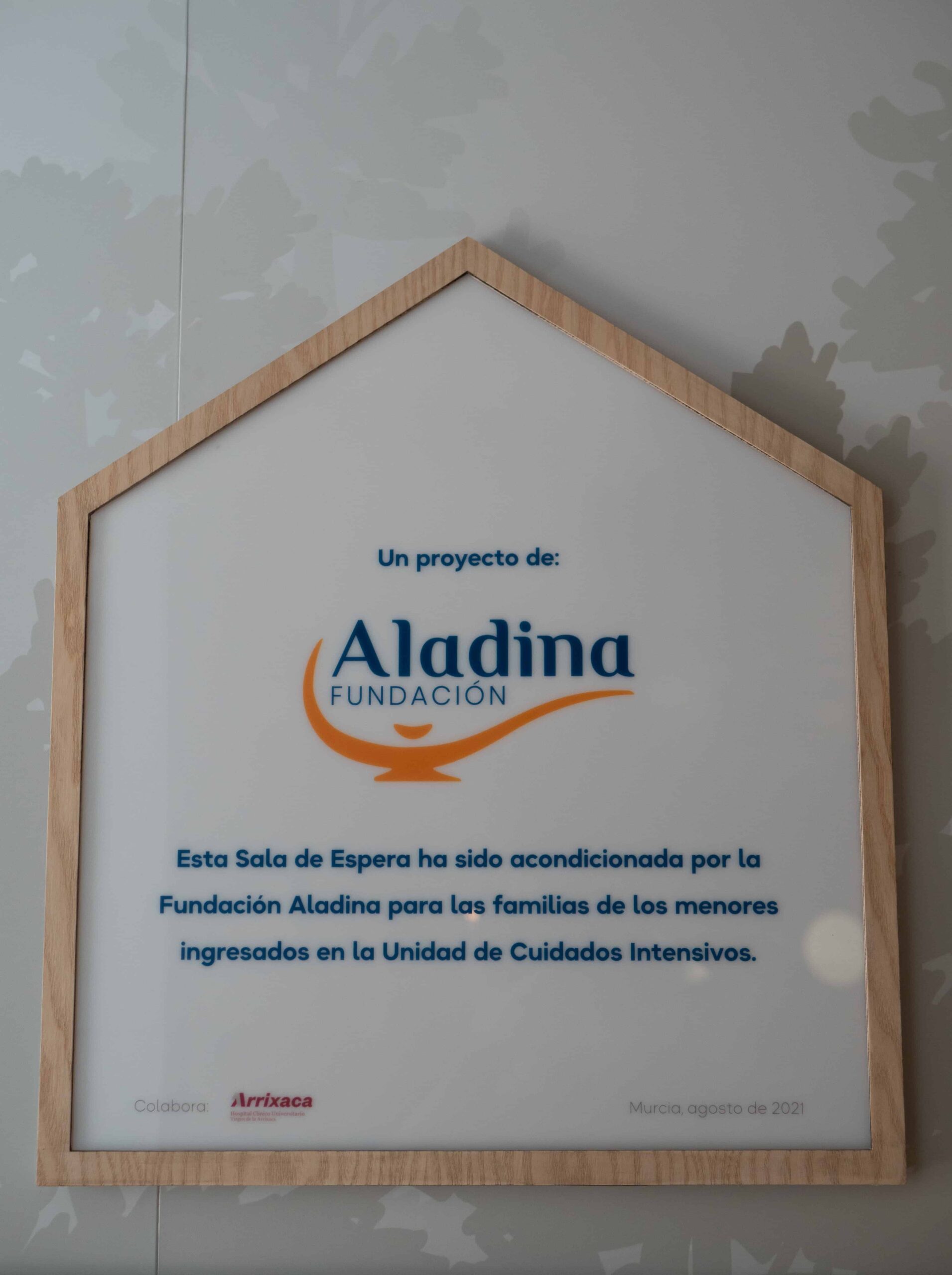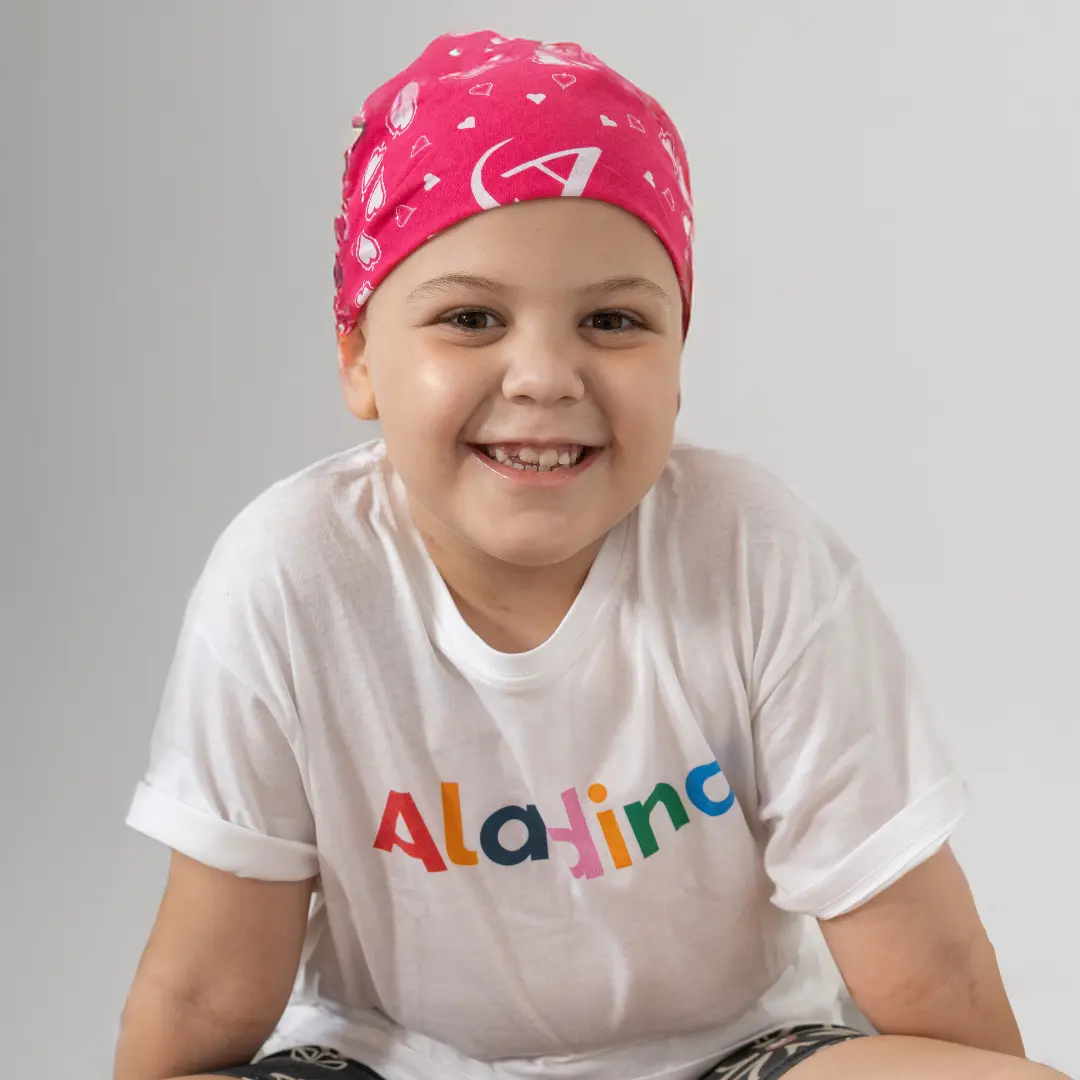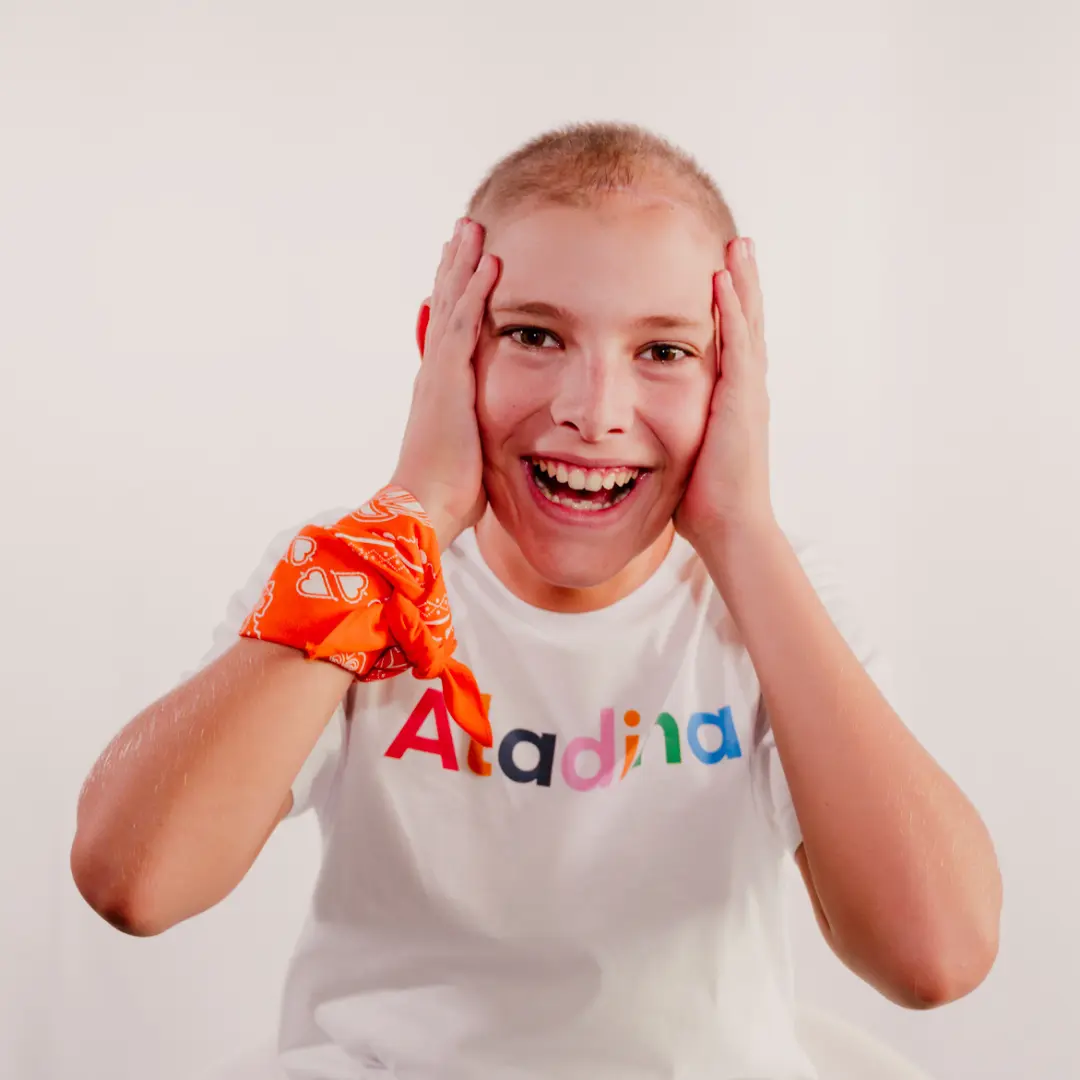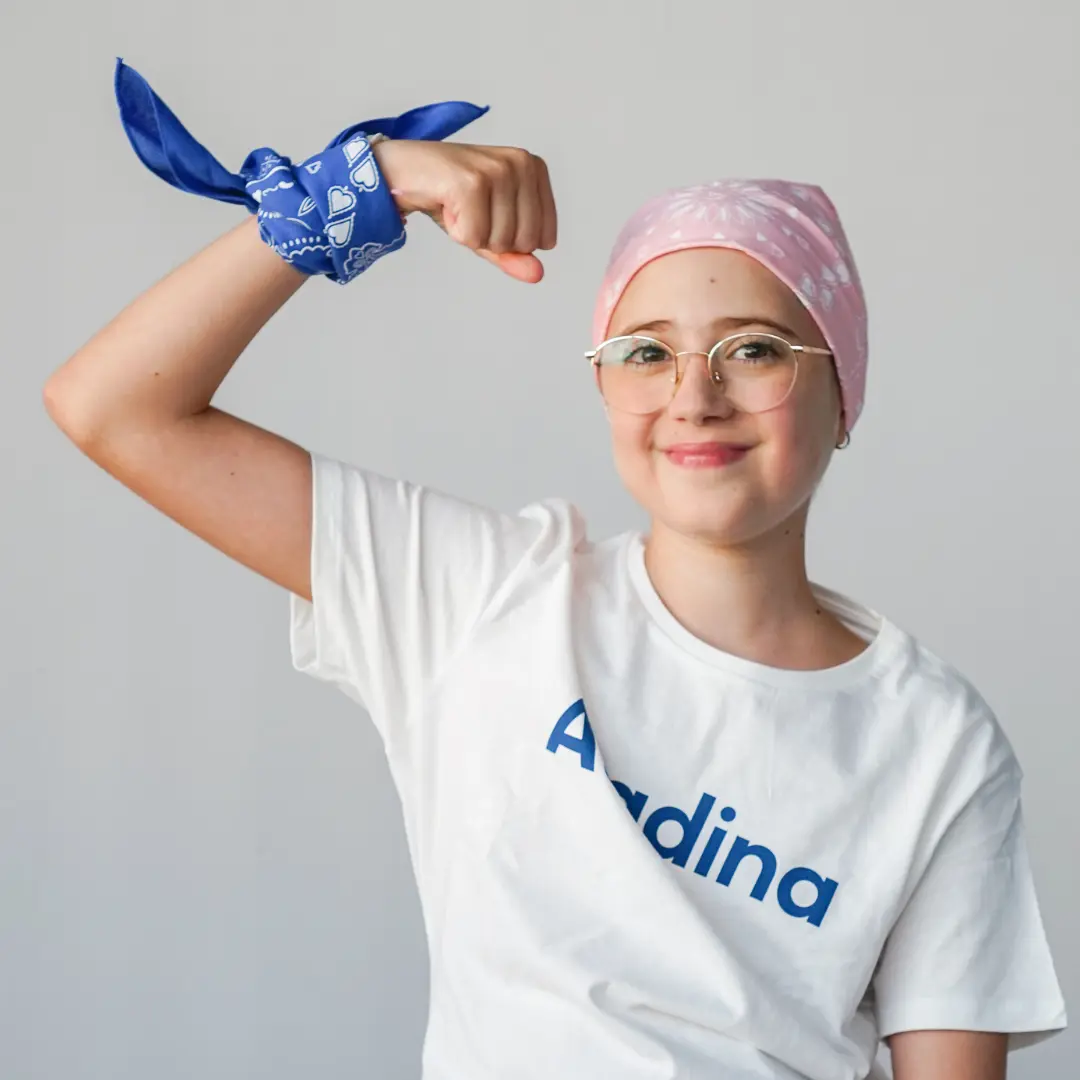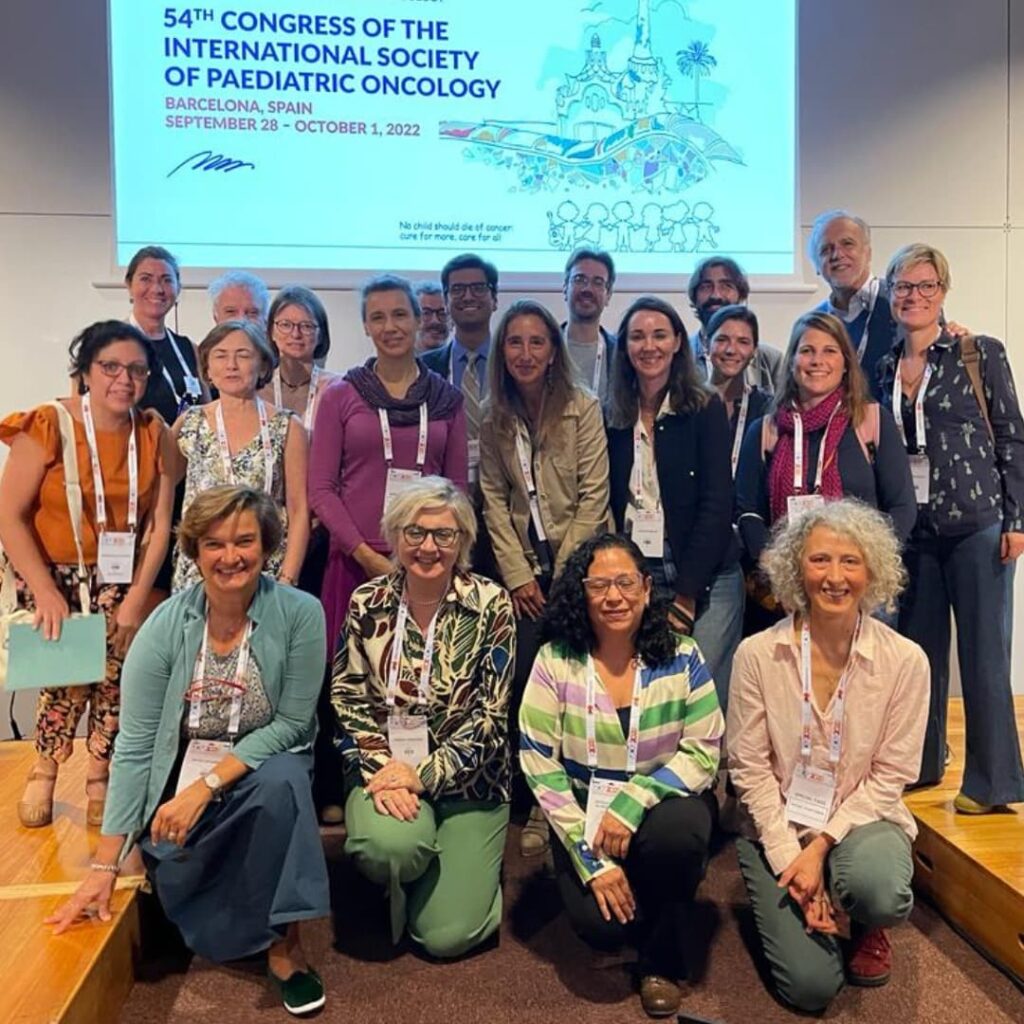
Aladina is promoting the first international study on the impact of the Mediterranean diet on the side effects of cancer treatments and the survival of pediatric cancer patients.
Columbia University Irving Medical Center (CUIMC) and the International Agency for Research on Cancer (IARC), part of the World Health Organization, begin collaborating to launch a 5-year prospective nutritional research project duration on childhood cancer and its relationship with nutrition in southern Europe. A project 100% financed by the Aladina Foundation, the reference foundation in Spain in supporting children and adolescents with cancer and their families.
EpicKids, The Role of the Mediterranean Diet in the Evolution of Pediatric Cancer
EpicKids aims to develop informative guides based on objective data and critical nutritional parameters to help medical teams describe the nutritional status trajectory among children and adolescents in Southern Europe with acute lymphoblastic leukemia (ALL) and certain types of brain tumors.
Over the study period, 5 years, investigators will examine biological factors (microbiome/metabolome), lifestyle behaviors, sociodemographic factors, and quality of life and correlate these indicators with clinical outcomes.
Data will be collected in three Southern European countries (Spain, Greece and Italy) where research objectives will be facilitated by trained staff that adhere to standard operating procedures established by Columbia University Irving Medical Center (CUIMC), the International Initiative for Pediatrics and Nutrition (IIPAN), the International Agency for Research on Cancer (IARC), and local scientific committees, made up of pediatric oncology experts from participating hospitals.
The biobank, located in Lyon (France), will be provided by IARC. The corresponding clinical data will be managed in the IIPAN REDCap database and will be managed by the IIPAN research team in New York. Through a formalized process, researchers and collaborators will have access to data with the goal of facilitating etiological and prognostic studies related to nutrition and childhood cancer.
The combination of clinical and biological data provided by the different participating organizations will open a new field for the creation of the pilot data necessary for future intervention studies.
Elena Ladas, Associate Professor of Global Integrative Medicine at Irving Medical Center at Columbia University, wanted to thank Aladina.”their commitment to the well-being of children with cancer in all its scope.” In addition, the researcher highlighted that “for me it is important to highlight the collaboration of all the entities involved and the hospitals in the study. This is a multi-country project and the first in its scope“.
According to Inge Huybrechts, Head of the Lifestyle Exposure and Interventions Team at the International Agency for Research on Cancer (IARC), “For IARC this study is a milestone since it is the first time that several international organizations and various hospitals collaborate to carry out a “cohort study aimed at analyzing the impact of nutrition on the effects of cancer treatments.”
Andrés Morales, Clinical Director of the Pediatric Cancer Center Barcelona at the Sant Joan de Déu hospital in Barcelona, highlighted that “There is no data on nutrition in southern Europe and the impact it has on treatment and disease control in children with cancer. The EpicKids study, thanks to the number and importance of the Spanish hospitals participating, will reach a representativeness of 50% of children with cancer in Spain. This is a great first step forward in nutrition and prepares the project for future research in the area of nutrition and childhood cancer.“.
For Paco Arango, president of the Aladina Foundation, “with the launch of this study we lay the first stone for a new approach to the treatment of childhood cancer from the perspective of nutrition.”
EPIC Study, European Prospective Study on Diet, Cancer and Health
EPICKids is an unprecedented choral work at an international level in the field of pediatric oncology. This study follows in the wake of the Epic Report, in which 12 European countries participated and more than half a million people were studied, analyzing dietary patterns, different biochemical parameters and survival. The results of the comparison of dietary consumption between the 23 European centers were published in 2002 and showed a protective effect of the consumption of fibers, fruits and vegetables on colorectal cancer, a protective effect of fruit consumption on lung, and fruits and vegetables on the upper digestive tract, while it has been confirmed that high consumption of fruits and vegetables has no effect on prostate cancer.



